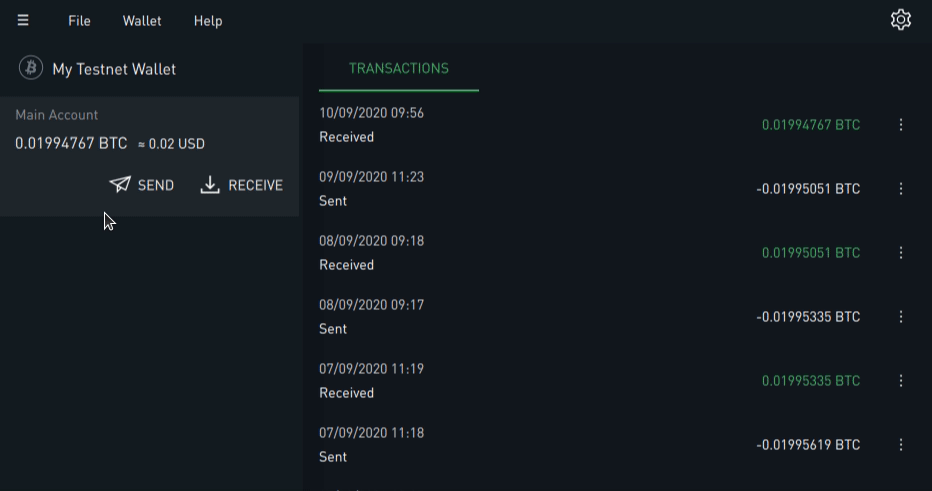SOCKS Proxy (CLI)
The
socks5client now also supports SOCKS4 and SOCKS4A protocols as well as SOCKS5.
The Nym socks5 client allows you to proxy traffic from a desktop application through the mixnet, meaning you can send and receive information from remote application servers without leaking metadata which can be used to deanonymise you, even if you’re using an encrypted application such as Signal.
Download or compile socks5 client
If you are using OSX or a Debian-based operating system, you can download the nym-socks5-client binary from our Github releases page.
If you are using a different operating system, head over to the Building from Source page for instructions on how to build the repository from source.
Initialise your socks5 client
Use the following command to initialise your socks5 client with the address of a Nym-operated Network Requester as a provider (the endpoint that will be proxying your traffic out of the mixnet) for ease:
./nym-socks5-client init --id quickstart --provider Entztfv6Uaz2hpYHQJ6JKoaCTpDL5dja18SuQWVJAmmx.Cvhn9rBJw5Ay9wgHcbgCnVg89MPSV5s2muPV2YF1BXYu@Fo4f4SQLdoyoGkFae5TpVhRVoXCF8UiypLVGtGjujVPf
You can always check out the list of endpoints you can use otherwise on the mixnet service provider explorer page.
Start your socks5 client
Now your client is initialised, start it with the following:
./nym-socks5-client run --id quickstart
Proxying traffic
After completing the steps above, your local socks5 Client will be listening on localhost:1080 ready to proxy traffic to the Network Requester set as the --provider when initialising.
When trying to connect your app, generally the proxy settings are found in settings->advanced or settings->connection.
Here is an example of setting the proxy connecting in Blockstream Green:

Most wallets and other applications will work basically the same way: find the network proxy settings, enter the proxy url (host: localhost, port: 1080).
In some other applications, this might be written as localhost:1080 if there’s only one proxy entry field.
Further reading
If you want to dig more into the architecture and use of the socks5 client check out its documentation here.